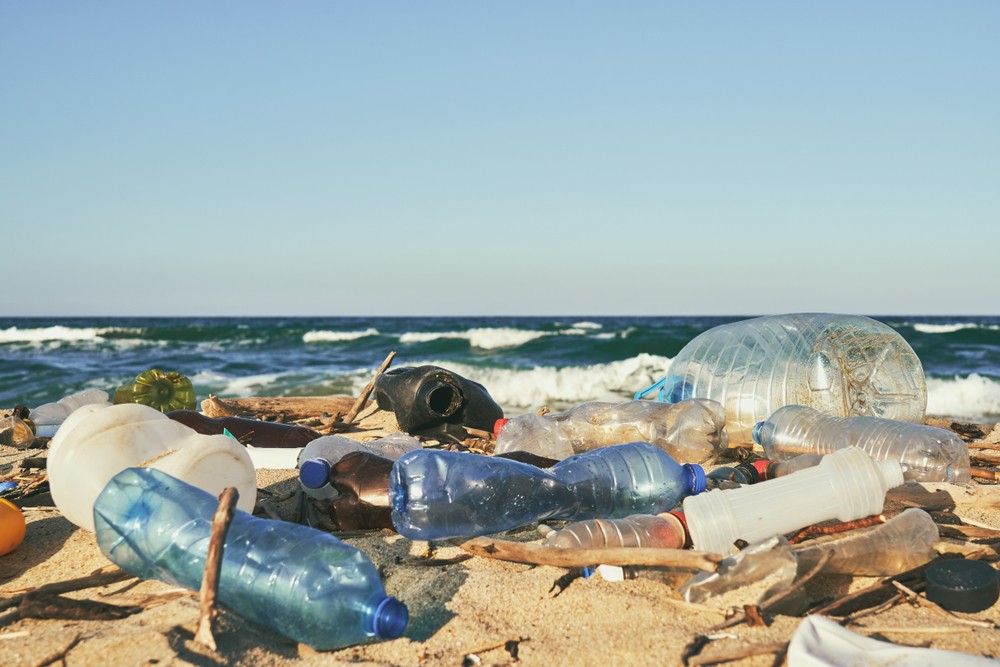Popular Reads
Top Results
Can't find what you're looking for?
View all search resultsPopular Reads
Top Results
Can't find what you're looking for?
View all search resultsMediterranean could become a 'sea of plastic': WWF
Change text size
Gift Premium Articles
to Anyone
T
he Mediterranean could become a "sea of plastic", the WWF warned on Friday in a report calling for measures to clean up one of the world's worst affected bodies of water.
The WWF said the Mediterranean had record levels of "micro-plastics", the tiny pieces of plastic less than five millimeters (0.2 inches) in size which can be found increasingly in the food chain posing a threat to human health.
"The concentration of micro-plastics is nearly four times higher" in the Mediterranean compared with open seas elsewhere in the world, said the report, "Out of the Plastic Trap: Saving the Mediterranean from Plastic Pollution".
The problem, as all over the world, is simply that plastics have become an essential part of our daily lives while recycling only accounts for a third of the waste in Europe.
Plastic represents 95 percent of the waste floating in the Mediterranean and on its beaches, with most coming from Turkey and Spain, followed by Italy, Egypt and France, the report said.
Read also: Recycling plastic: Japan style
To tackle the problem, there has to be an international agreement to reduce the dumping of plastic waste and to help clear up the mess at sea, the WWF said.
All countries around the Mediterranean should boost recycling, ban single-use plastics such as bags and bottles, and phase out the use of micro plastics in detergents or cosmetics by 2025.
The plastics industry itself should develop recyclable and compostable products made out of renewable raw materials, not chemicals derived from oil.
Indidviduals too have their role to play, making personal choices such as to use combs or kitchen utensils made of wood, not plastic, the WWF said.











